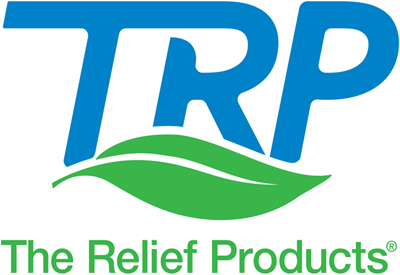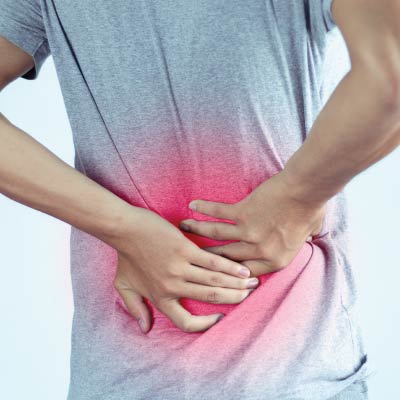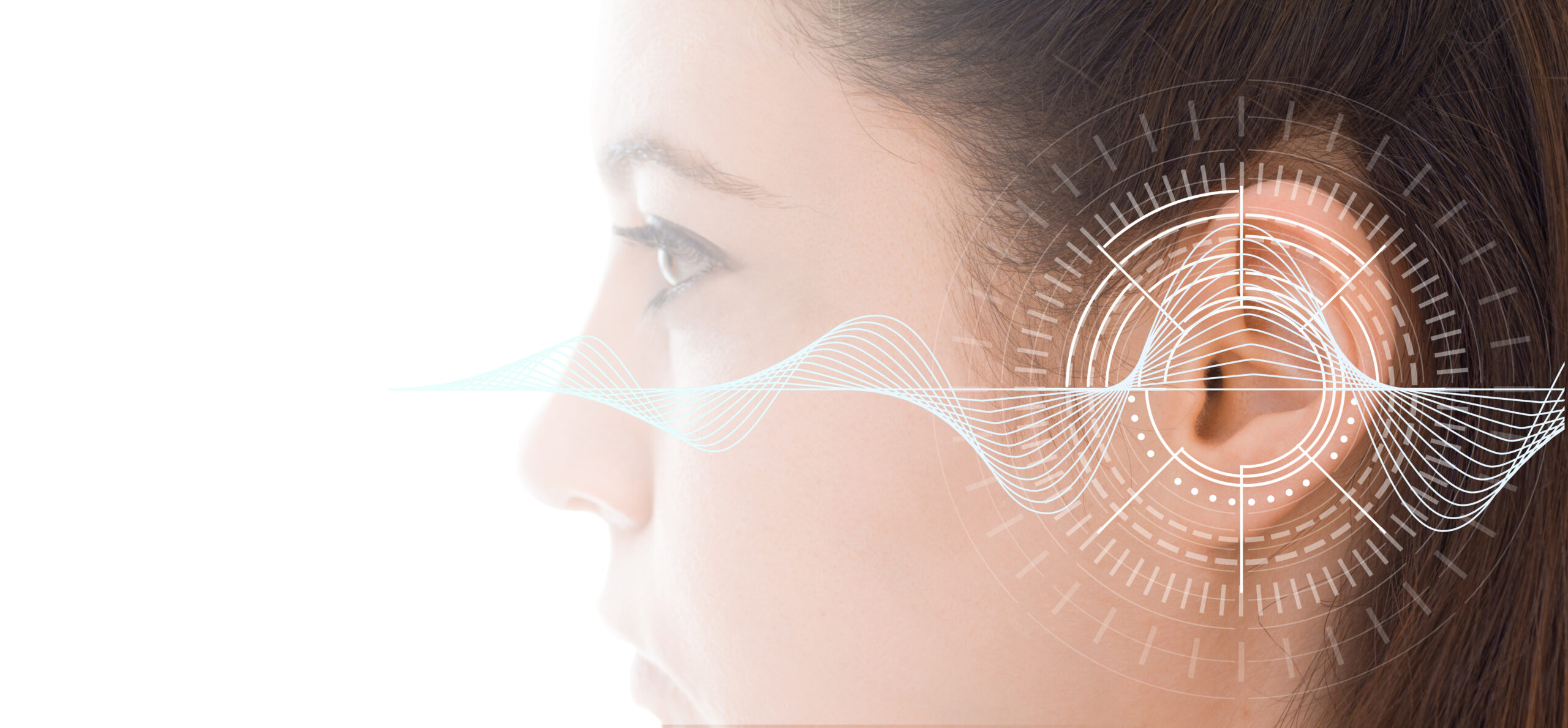Chronic pain is one of the most common chronic conditions in the United States today, affecting over 50 million people annually – roughly 20% of the population. Chronic pain is best defined as “pain that lasts more than 3–6 months that adversely impacts the well-being of the affected individuals, limiting and reducing their physical activity, social relations, and energy levels.” By this definition, chronic pain will significantly impact nearly every aspect of one’s life, which is why it’s the #1 reason for doctor’s visits in the U.S. today. These physical limitations can also lead to mental and emotional deterioration as stress, anxiety, and frustration surrounding the “invisibility” of the pain intensifies. It can be especially difficult when those around you can not physically see your pain as they would if you had chicken pox or a broken arm in a cast for example. Unfortunately, many chronic pain conditions do not have a cure, only some treatments that help to alleviate the pain. While new research is being conducted on ways to mitigate chronic pain, it is important for those suffering to try all they can to alleviate some of the discomfort. The Relief Products® has developed several homeopathic remedies designed to address some of the most common chronic pain conditions. These remedies are designed to gently to stimulate your body’s natural response, with no known side effects or interactions with other medications. We have many long-time customers who have found effective, lasting relief by incorporating our products into their daily lives. Check out some of these common chronic pain conditions below.
Arthritis

Arthritis is a broad term that refers to inflammation or stiffness of the joints. Arthritis is an informal term, and includes over 100 different types of joint disease. Approximately 40 million Americans suffer from arthritis. Some of the causes for arthritis are predetermined (i.e. old age, family history, gender, etc.). There is no cure for arthritis, however there are some steps you can take to help reduce your symptoms.
- Eating fish or other foods that contain omega 3’s and fatty acids can help reduce inflammation in the body, which is good for swollen joints!
- Try to stay reasonably fit. 10 lbs. overweight equates to adding 30-60 lbs. of additional force on your knees.
- This will strengthen the muscle around your sore joints. In addition, stretching, aerobic exercise, and strengthening physical therapy will greatly help.
- Avoid injury. Injuries tend to accelerate the deterioration of your joints.
- Use TRP’s Arthritis Therapy™ to help with pain and discomfort.
Sciatica

Sciatica is a term for the pressure or pain felt in the lower back and legs, usually caused by a pinched nerve or a herniated disc. The pain will course through the sciatic nerve, which runs the entire length of the leg. In some cases, these symptoms will fade away as the pinched nerve or herniated disk recover, but this can take months or years. For many, it is a debilitating condition with long lasting chronic pain. Here are some ways you can help alleviate sciatic pain:
- Try to maintain good posture regularly
- See a chiropractor to help with back pain
- Use Sciatica Therapy for temporary relief from discomfort
- Acupuncture has been known to help people with sciatic pain
- Regular moderate exercise. Too much exercise can make things worse!
Fibromyalgia
Fibromyalgia is characterized by widespread pain and tenderness in the joints and muscles of the body. While there is not a single cause of fibromyalgia, many researchers agree it is generally related to physical and mental stress over time. It can also be attributed to decreased levels of serotonin in the body. Unfortunately, fibromyalgia cannot be cured or prevented. The best course of action is to spend time preventing flare-ups and increased symptoms. Some tips on preventing flare ups include:

- Getting enough sleep. The average adult needs 7.5-9 hours per night to function at their best.
- Reduce emotional and physical stress
- Use TRP Company’s Fibromyalgia Relief® to reduce pain.
- Get regular low-intensity exercise.
- Eat a balanced diet. Eating healthy will always help you feel your best.
- Acupuncture can give temporary relief
Migraine Headaches

A migraine headache is best described as very intense headache usually accompanied by sensitivity too light and sound, as well as feelings of nausea. Migraines can be very painful and debilitating. Unfortunately, there is not a single cause of migraines, as they are dependent on the person and their triggers. Medications, certain foods, stress, lack of water, lack of sleep, allergies, and changes in the weather all have the potential to cause a migraine. Here are some tips to help avoid and alleviate migraines:
- Identify & track your triggers. If you get a migraine, record when it happened as well as potential causes (i.e., what you ate, your activities that day, etc.).
- Treat your allergies. Migraines are 2-3x more common in people who suffer from allergies.
- Eat and drink. When we fast our blood sugar levels dip, activating the region of the brain that tells us to eat. This part of the brain is closely linked with migraine headaches.
- Use TRP company’s Migraine Headache Therapy to help alleviate the pain of a migraine.
Chronic Fatigue Syndrome (CFS)
Chronic fatigue refers to prolonged exhaustion that does not subside with sleep or rest. Typically, the exhaustion is to the point that it becomes difficult to complete daily tasks. To be classified as chronic fatigue, the symptoms must be present for at least 6 months and not be linked to a current medical conditions. There are different causes of CFS as well as different symptoms which means that people will need different treatment plans for their particular case. Here are some general tips to help get you on the right path:

- Improve sleeping habits. Consult with your doctor about possibly using sleep medicine or avoiding caffeine to make it easier to sleep at night. Although you may be getting rest, it is important you get the best sleep possible.
- Graded Exercise. Some studies suggest that if you start with very limited exercise (even just stretching for one minute) and slowly increase the intensity and length of the exercise every day, over time you will be able to build up more endurance and energy. Be sure to not over-exert yourself! This can have the opposite effect you are looking to achieve.
- Psychological counseling can also help. Often times CFS can feel very debilitating and controlling of your life. Talking with someone and finding new ways to deal with it can be a very helpful tool.
- Reduce stress levels. Emotional stress can take a huge toll on your body. Do your best to make your day-to-day life as stress free as possible.
- Use TRP’s Chronic Fatigue Therapy to help with symptoms such as fatigue, insomnia, weakness, and muscle pain.







